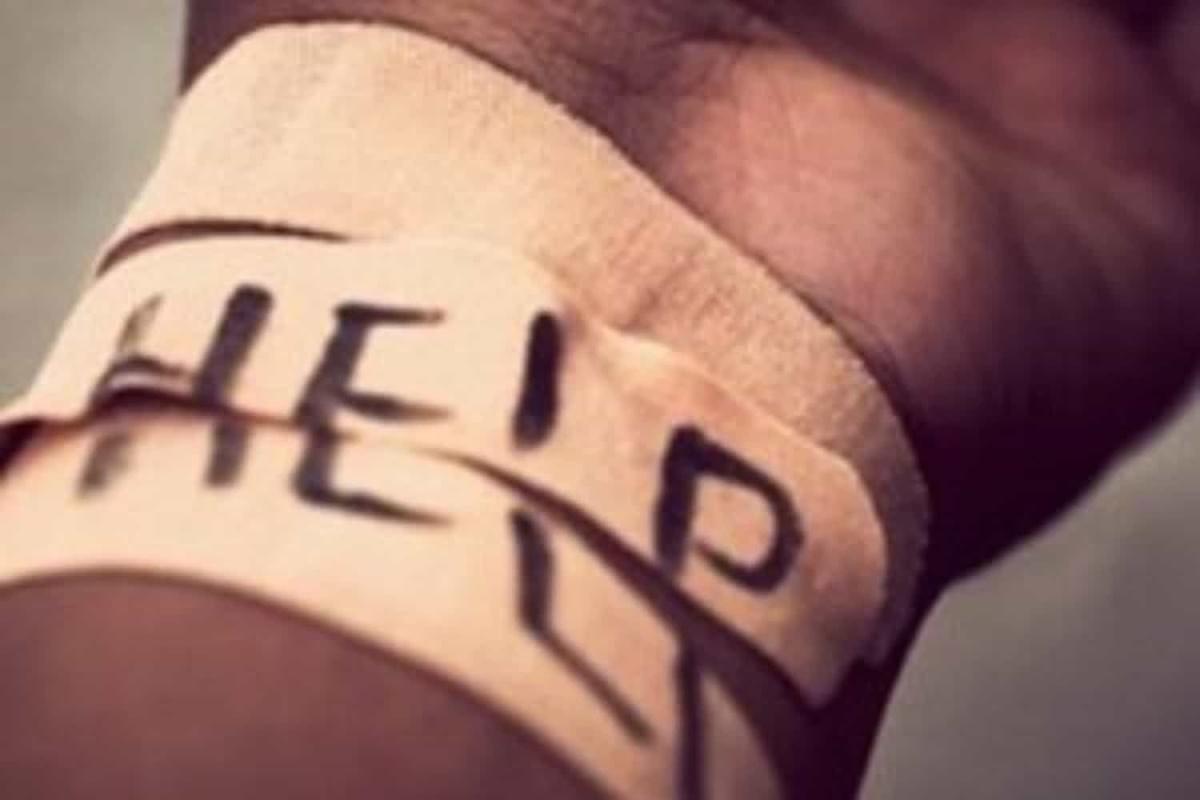
This week marks Teen Suicide Prevention Week, a time to pause and acknowledge the silent cries of our young people. The theme, Your Feelings Matter, Let’s Talk, is more than just words—it is a desperate plea for attention, understanding, and urgent action.
Across South Africa, too many teenagers are battling invisible wars, suffocating under the weight of pressures that no child should have to bear. The statistics are devastating. According to the Department of Health, over 7,400 teenagers have been treated for suicide attempts in just eight months.
That is more than 900 children every single month. And these are only the reported cases. How many others are suffering in silence?
Teenagers are carrying burdens far heavier than their young shoulders can manage. Violence and abuse have seeped into their lives, robbing them of their sense of safety. Some have endured horrors no child should ever witness—whether at home, in their communities, or even within the very schools meant to protect them.
Teenage pregnancy, often accompanied by stigma and rejection, leaves many young girls feeling isolated and hopeless. Poverty strips them of dignity, forcing them to grow up too fast as they struggle to survive in a world that seems to have forgotten them.
Bullying, once confined to schoolyards, now follows them home through screens, infiltrating their private spaces and leaving no refuge. The pressure to excel academically, to meet the expectations of parents and teachers, becomes unbearable. Some suffer in silence, their pain masked by smiles, their cries for help dismissed as mere teenage angst.
By the time their suffering is recognized, it is often too late.
We cannot sit back and allow more lives to be lost. We must listen—not just to the words they speak, but to the pain behind their silence. We must create spaces where young people feel safe enough to express their emotions without fear of judgment.
Schools must go beyond academics and prioritize mental health support. Teachers should be trained to recognize the warning signs, and every school must have accessible counseling services. Families must foster open conversations, letting children know that their feelings are valid and that they are not alone.
Communities must take responsibility for the well-being of their young members. Neighbors, friends, mentors—we all have a role to play. If a child withdraws, if they seem unusually sad, if they start losing interest in the things they once loved, we cannot look the other way.
A simple conversation, a reassuring presence, can mean the difference between life and death. We must remind them that there is hope, that no matter how overwhelming their struggles may seem, they are not beyond help.
Mental health must no longer be a taboo topic. We must dismantle the stigma and acknowledge that depression, anxiety, and emotional distress are real and deserving of care. It is time to demand better mental health services, more trained professionals, and government accountability in ensuring that young people have access to the support they need.
To every teenager who is struggling: Your feelings matter. You matter. You are not alone, and your pain is not invisible. There is hope, and there is help. Please, talk to someone.
The world is not better without you in it. Let’s stand together, listen, and take action—because one more life lost is one too many.

